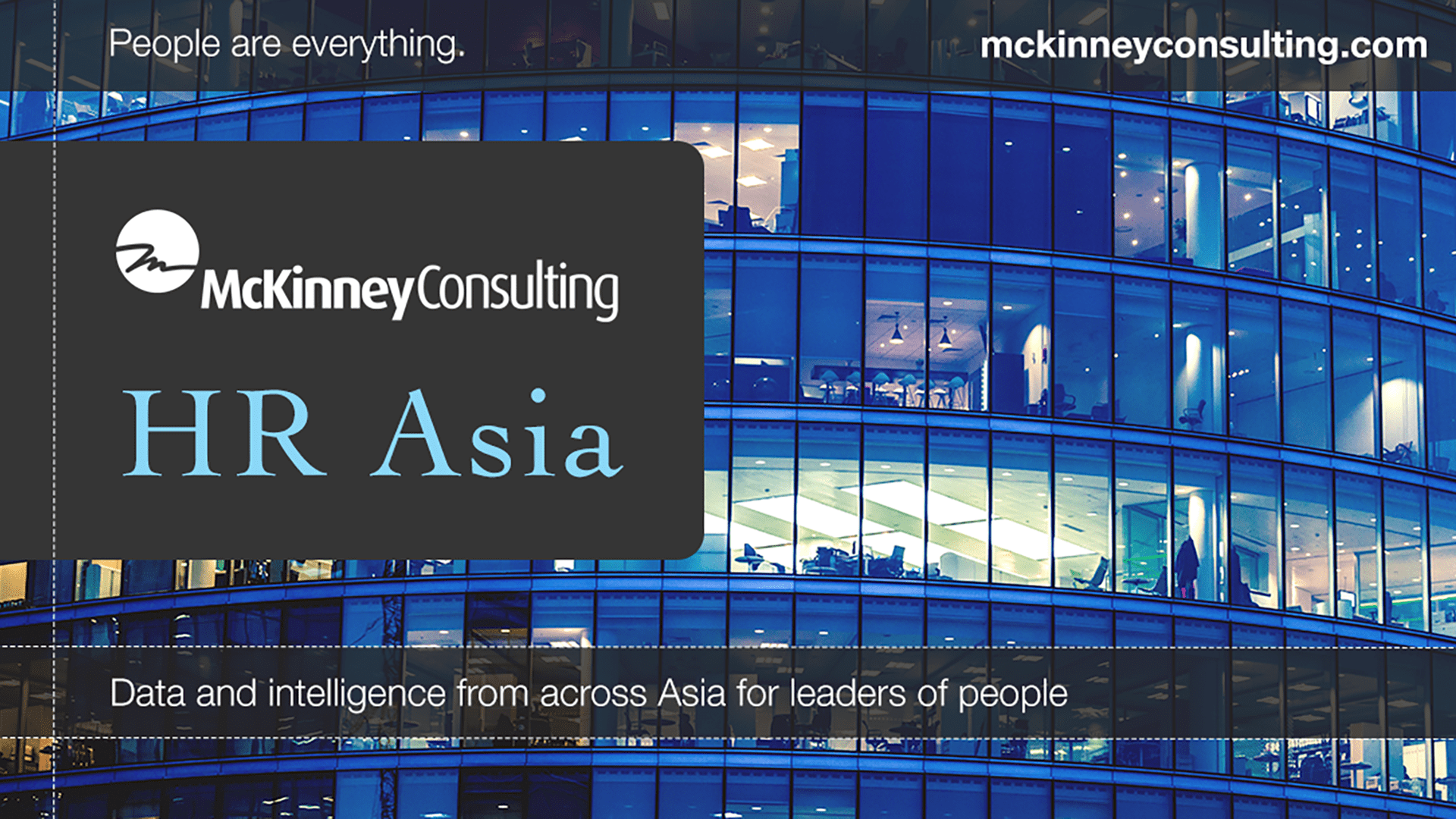
If you are a reader of our friends at Erudite Risk’s daily reports on Northeast Asia, you’ll recognize the theme of today’s newsletter: geopolitical tensions are driving a reshaping of capital flows, goods trade, and sentiment regarding Asia—and not in a good way. You’ll recognize it because Rodney Johnson, the president of Erudite Risk, has been harping on that theme (for well over a year now) as a crucial component to understanding what is going on today in Asia. Supply chain reshaping, friend-shoring, and re-shoring is now part of the contextual background noise lying behind so many other trends.
The goal, Mr. Johnson says, is no longer to build resilient supply chains, but to avoid risk altogether. The COVID pandemic served as a traumatic wake-up call to many global companies who experienced painful disruptions in the supply chain. Those disruptions continue to haunt CEOs and are now seen in the light of even greater possible future disruptions that would arise in the event of a conflict between the US and China. The conflict has not started, but we are dealing with the ‘fears’ of conflict and those fears are driving change in very real ways. Russia’s invasion of Ukraine hasn’t helped in that regard. It has made the possibility of once unthinkable conflict much more imaginable.
The pandemic was a dry run for a geopolitical catastrophe in Asia, and no one liked what they saw. War is possible and any CEO who does not acknowledge that organizational survival is now just as important a strategic goal as financial or market-based success measures is likely to be accused of being asleep at the wheel.
So, the reshaping has begun, under the narrative of ‘de-risking’ or ‘de-coupling’. Either way, it means moving away from China and toward other destinations. In some cases those destinations are other places in Asia, in some cases they are not. How safe is manufacturing in Vietnam (and shipping from Vietnam) if a conflict over Taiwan breaks out? Will the impact be minimal or highly disruptive? How close to China is too close? This is not an academic question for those in Korea.
This is a hard pill to swallow if you are an old Asian-hand like I am. If you have been doing business during Asia’s rise, it is difficult to think of the future in any other terms than one of progress, development, and even eventual dominance.
Geopolitical risk related to a China conflict is just one more concern for companies in the Korean market. HR managers in Korea already deal with
Korea will not be—is not—immune to the impacts of actions taken today related to fears of a future conflict with China. Some of the repercussions include:
For HR, all of this implies changes in how business is done that will drive changes in who we hire. Business Leaders in Greater Need of Agility and Adaptability Today. We’ll have to wait and see how it plays out, but the changes are already afoot. Stay nimble, with one eye on what’s happening today and one on what’s coming around the corner.
Subscribe to this newsletter here
Article originally published in Steve's LinkedIn Newsletter HR Asia August 9, 2023